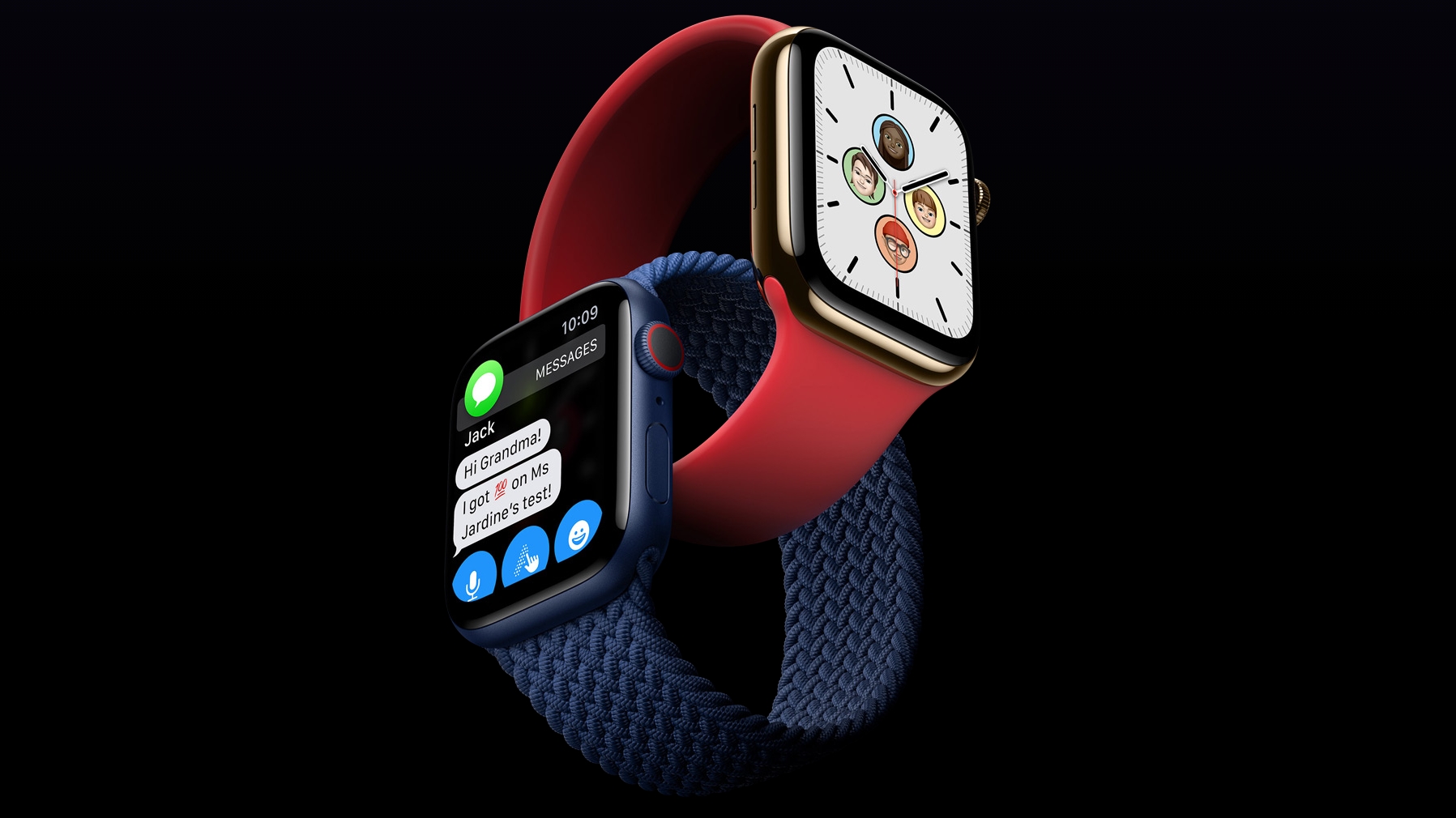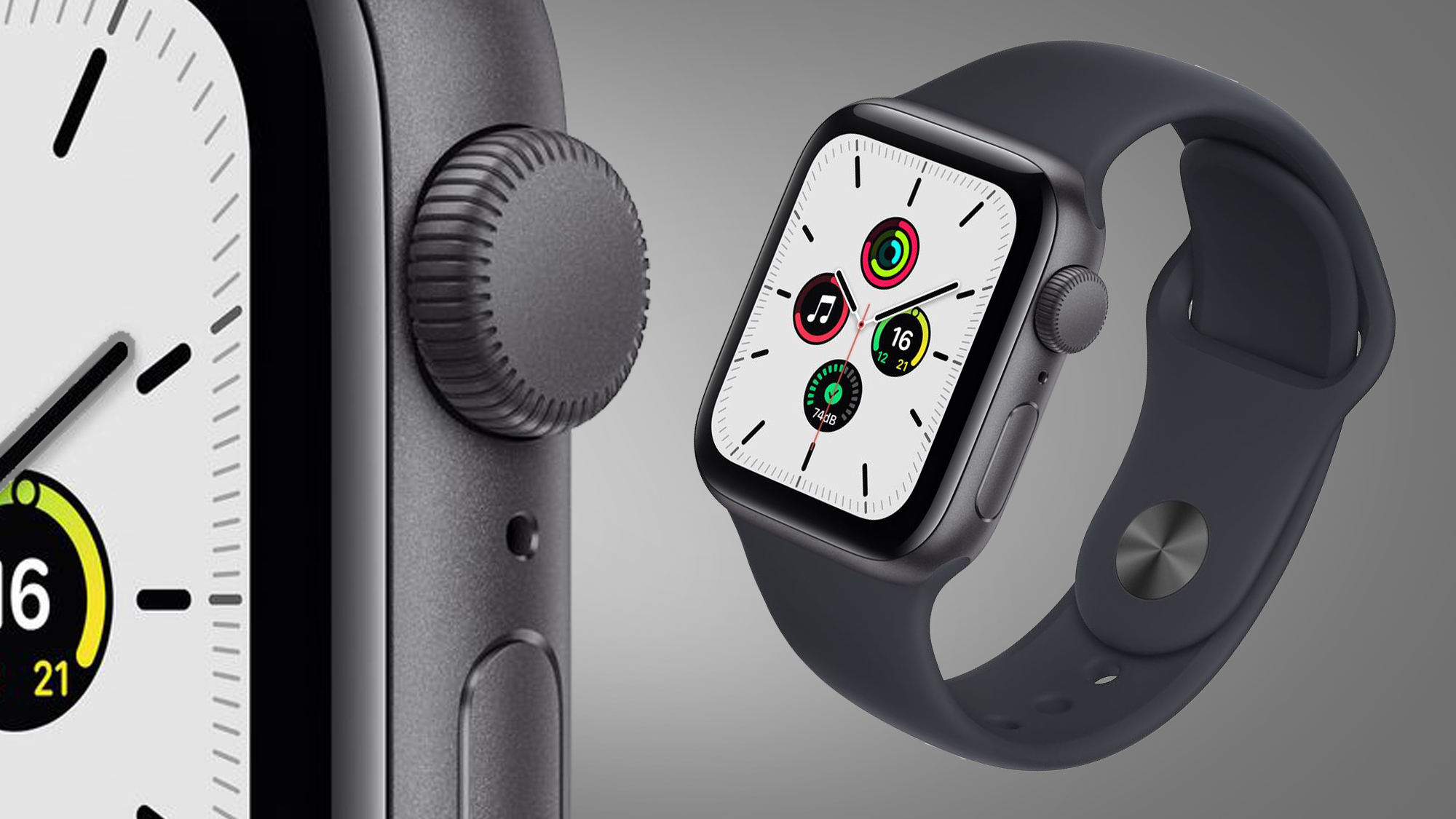Apple says it'll fight a potential Apple Watch ban – and history suggests it'll succeed
Apple is currently embroiled a legal battle in the US against AliveCor over the Apple Watch’s ECG functions; a battle which could see some of the best smartwatches banned from being imported and sold in the country.
AliveCor alleges that Apple has infringed on its patents for heart-monitoring medical devices, and that infringing products (like the Apple Watch 8) shouldn’t be sold in the US, with the US’s International Trade Commission (ITC) ruling in its favor on this front.
What’s more, President Biden recently decided not to veto the ITC’s decision – which would have granted Apple an instant win. While these kinds of vetos are rare, President Obama did veto an import ban on iPhones and iPads after the ITC ruled that Apple had infringed on Samsung’s patents.
However, Apple has so far avoided a ban, as it still has a few factors going in its favor. For one, Apple has told TechRadar that it will appeal the ITC’s decision – an appeal it could win – and for another, the Patent Trial and Appeal Board (PTAB) has ruled that key patents in AliveCor’s ITC case are invalid (i.e., they're inventions that should not be patentable). AliveCor is, understandably, appealing the PTAB decision, but while these appeals are being resolved Apple Watches won't be banned in the US.
And if history is anything to go by, Apple will likely succeed in preventing a ban being imposed on its smartwatches, whether it wins the legal battle or not.
Losing the battle, winning the war
Apple is no stranger to patent disputes, having engaged with Samsung, Motorola, Qualcomm, and others in the US and UK over the use of patented tech. It’s lost and settled its fair share of cases too, but it hasn’t yet been hit with an outright ban on the sale of its devices.

In the UK, Apple lost its appeal against a ruling that it was infringing on tech developed by a company called Optic Celluar Technology, and in the US it settled with Qualcomm over apparent patent infringements Apple had made on Qualcomm’s tech. In the Optis case, the Judge ruled that Appel would simply need to take out a global license on the patented tech, and as part of its settlement with Qualcomm Apple agreed to a six-year licensing agreement.
Based on these cases, if Apple does lose its legal battles against AliveCor it may be able to avoid an Apple Watch ban if it simply licenses the tech it's been accused of stealing. Alternatively, if this isn’t possible Apple could ‘win’ by simply changing the tech in future Apple Watches.
Legal disputes like these can drag on for years. In its fight against Samsung, Apple began litigating in 2011 and a ruling wasn’t decided until 2016, while the Optis case was initially brought in 2019, but the most recent appeal decision was handed down at the end of 2022.
So unless they settle, Apple and AliveCor will likely be arguing and appealing for a while longer – giving Apple plenty of time to develop and launch new Apple Watches. Apple could design these new wearables to avoid any restrictions imposed as a result of the dispute, by using different ECG tech or omitting ECG functions altogether.

A war on multiple fronts
We’ll have to wait and see what legal decisions are reached, but it's very likely that you’ll still be able to buy some kind of Apple smartwatch in the US, no matter the outcome of the Alivecor vs Apple case. However, AliveCor isn’t Apple’s only worry.
Apple Watch is also being sued over Apple Watch tech by Masimo, which claims the blood oxygen sensors in the Apple Watch 6 and later are infringing on its patents. As in the AliveCor case, the ITC has ruled in Masimo’s favor, with a decision on an import ban expect to land in May this year.
As Apple continues to try to upgrade the health tech inside its devices – it's recent taken steps towards developing prickless blood glucose monitoring, for example – we wouldn’t be surprised to see more disputes crop up, with Apple both suing and being sued. The decision reached by the ITC in the AliveCor and Masimo cases could establish a pattern of how similar disputes are decided going forward.
We'll be keeping an eye on the various cases, and if any decisions do look likely to impact your current or future Apple Watch we'll be sure to keep you updated.
from TechRadar - All the latest technology news https://ift.tt/FqPX2R8

Comments
Post a Comment